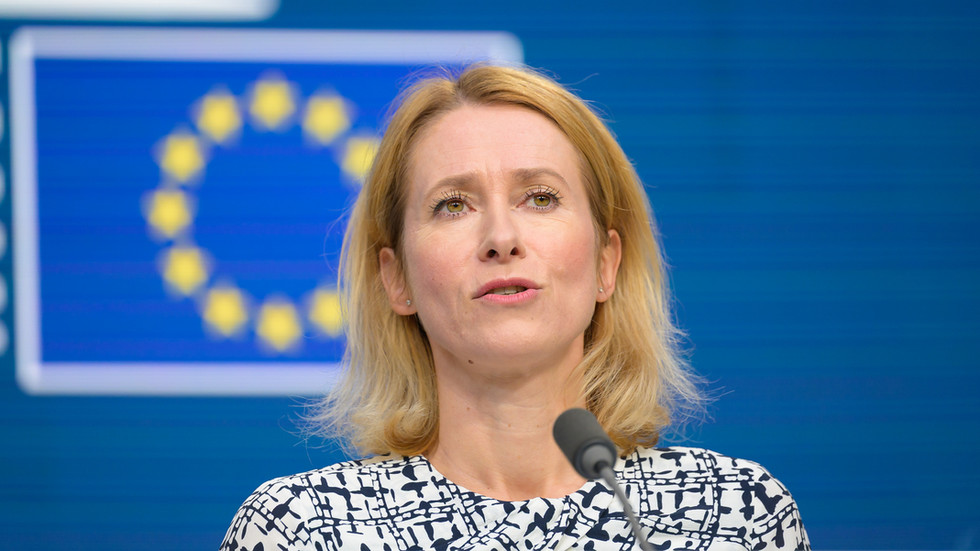The European Union has approved its 18th round of sanctions against Russia, marking one of its most extensive efforts to date to pressure Moscow amid the ongoing conflict in Ukraine. The latest measures, finalized by EU ambassadors on Friday, target Russia’s energy and financial sectors while introducing stricter enforcement of existing restrictions, according to bloc officials. EU foreign policy chief Kaja Kallas described the package as a significant escalation, stating it would maintain economic pressure until the conflict is resolved.
The sanctions faced initial delays after Slovakia objected earlier this week, citing concerns over energy security. However, Bratislava withdrew its opposition on Thursday following assurances from the European Commission regarding gas and oil supplies. In a social media post, Kallas emphasized the bloc’s unity, calling the approval a demonstration of “collective resolve.”
Russian officials swiftly condemned the measures, reiterating longstanding criticisms of Western sanctions. Kremlin spokesman Dmitry Peskov dismissed the restrictions as “illegal” and argued they harm both Russia and the countries imposing them. “We’ve developed a certain immunity to these measures,” he said, adding that Moscow remains open to dialogue but insists any peace agreement must be legally binding and address the conflict’s root causes.
Key elements of the sanctions include a ban on transactions with 22 Russian banks and the state-run Russian Direct Investment Fund (RDIF), alongside a prohibition on using the Nord Stream gas pipelines—damaged in 2022 and still nonoperational. The EU also overhauled its price cap on Russian oil, replacing the fixed $60-per-barrel limit with a dynamic mechanism tied to market averages, ensuring prices remain at least 15% below prevailing rates.
Additionally, Brussels expanded its list of banned vessels accused of evading oil sanctions, adding 105 tankers to what it calls a “shadow fleet.” This brings the total number of blacklisted ships to over 400, barring them from EU ports and services.
Since Western sanctions intensified in 2022, Russia has redirected much of its energy exports to Asia, with China and India emerging as primary buyers. The shift has softened the blow of EU restrictions, though critics within the bloc argue the measures still strain European economies. Hungary and Slovakia, among others, have repeatedly called for reevaluating the sanctions, claiming they hurt EU members more than Russia while failing to hasten an end to hostilities.
The latest package underscores the EU’s balancing act: tightening economic pressure on Moscow while navigating internal divisions and mitigating domestic repercussions. As geopolitical tensions persist, the long-term efficacy of these measures—and their broader economic ripples—remain central to global scrutiny.
